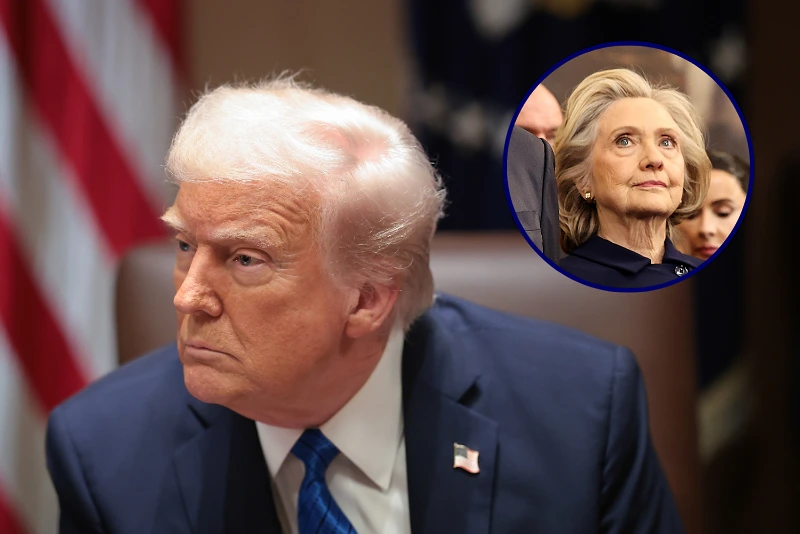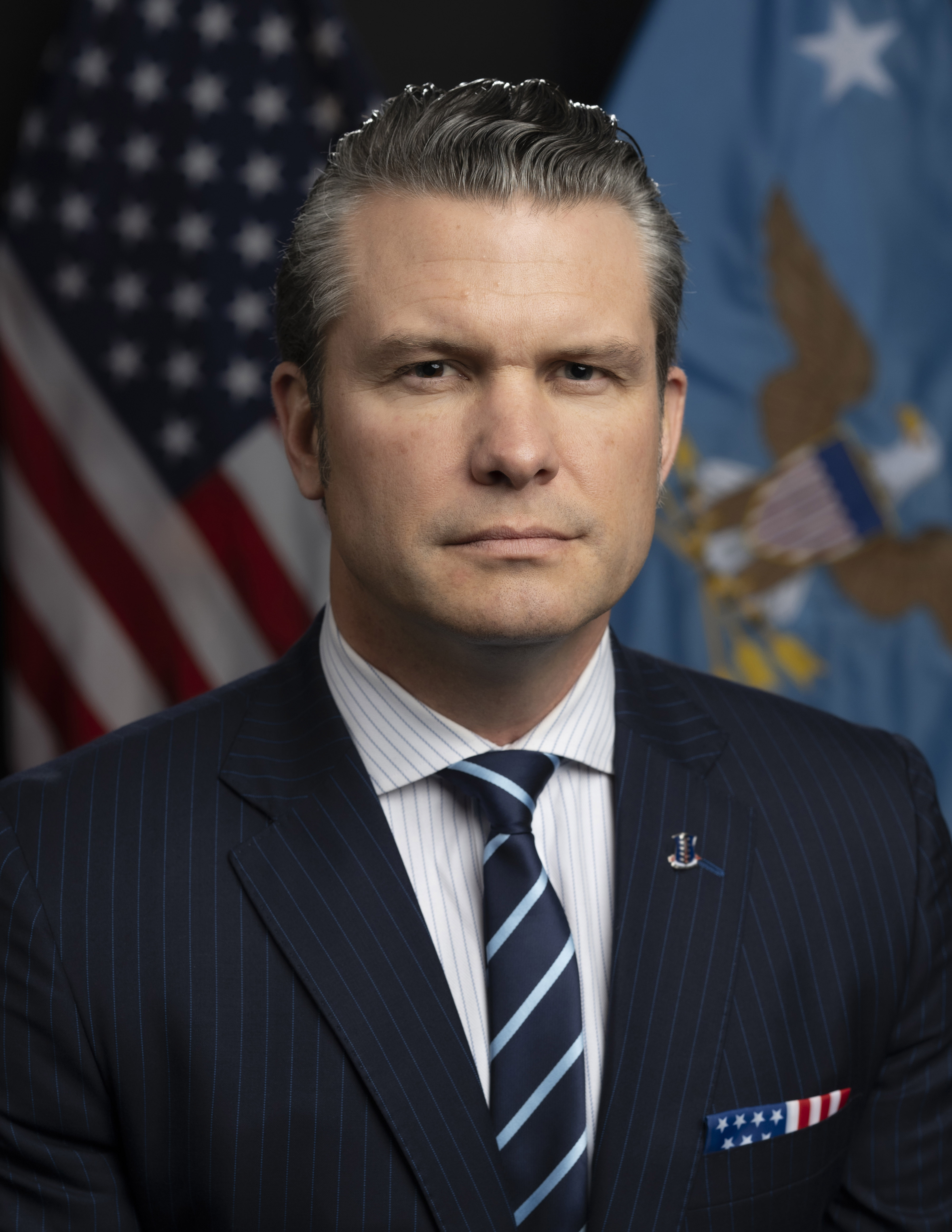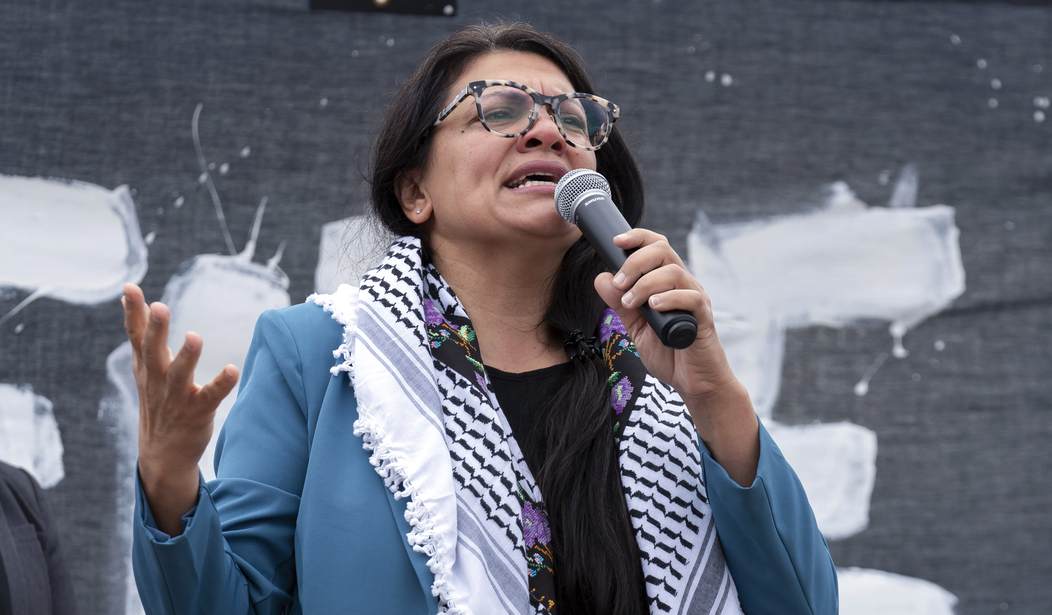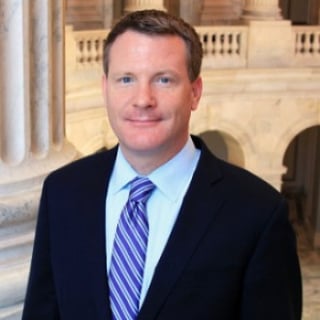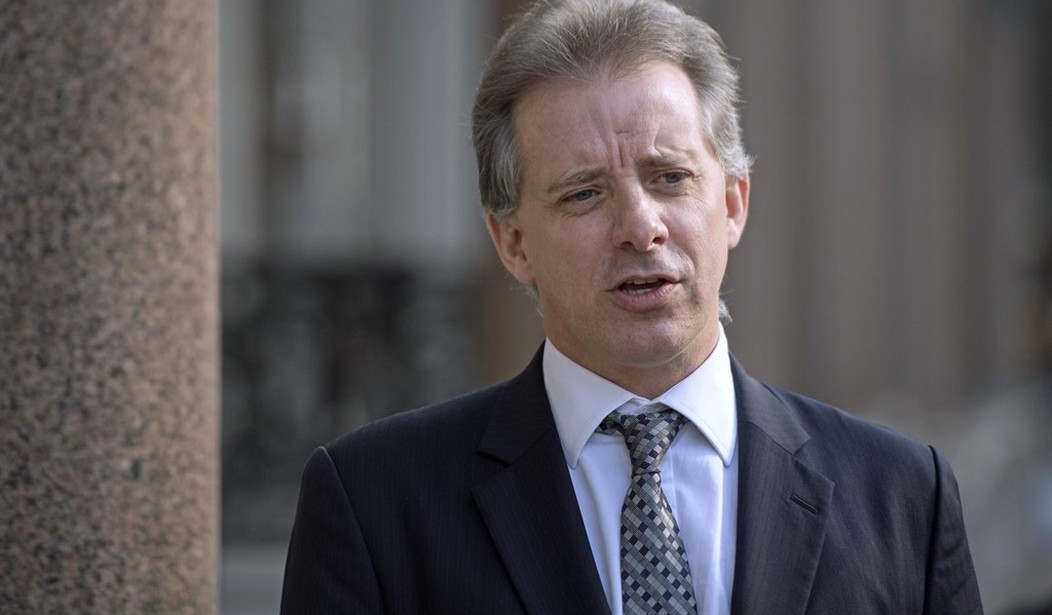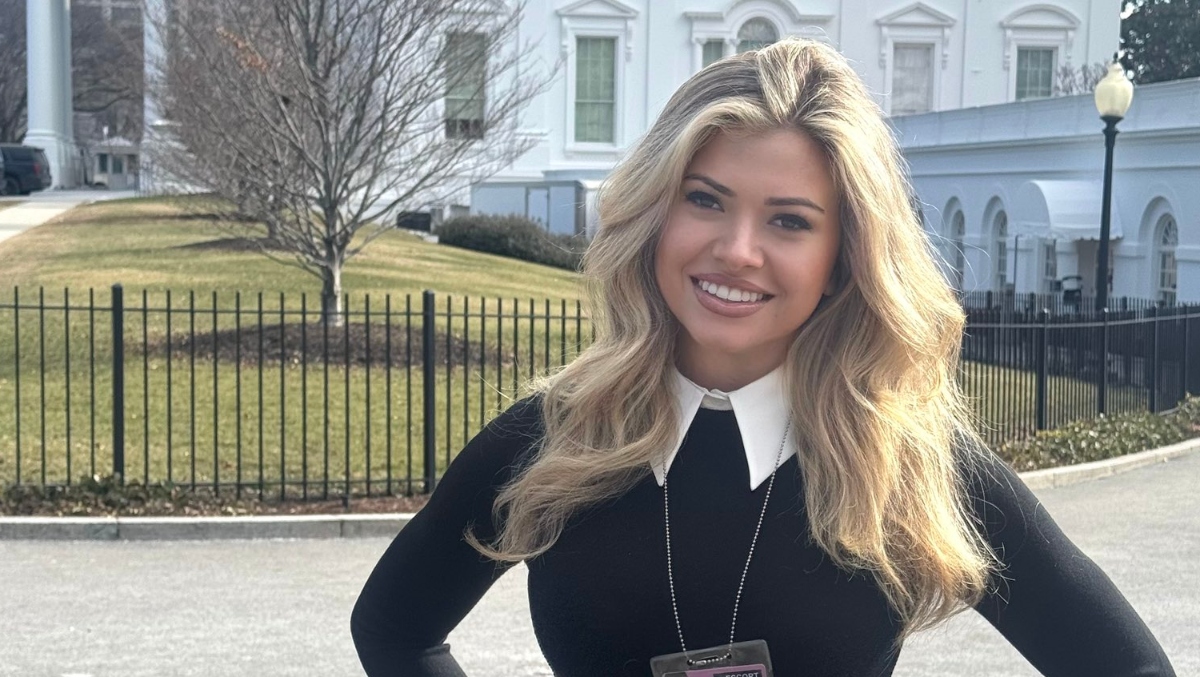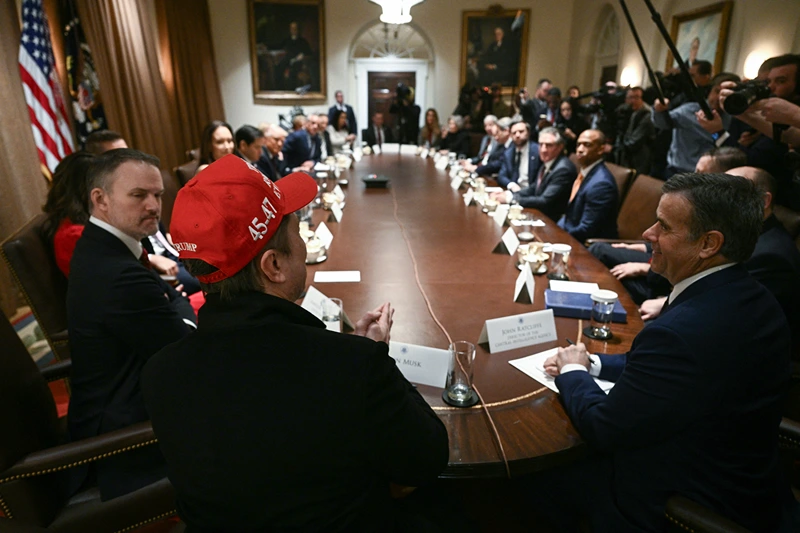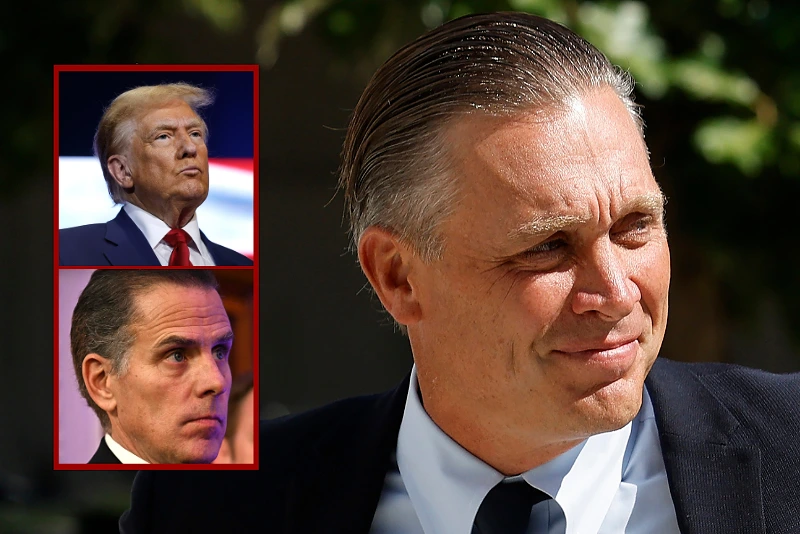On Tuesday, President Donald Trump signed an executive order
requiring the FBI to immediately declassify documents pertaining to the 2016 Crossfire Hurricane investigation — which sought to determine whether Trump campaign members colluded with Russia during the presidential campaign.
Trump noted that the media can now examine previously withheld
information related to the probe after signing the order, but he
questioned if many journalists would actually do so — as the findings
would not satisfy left-wing journalists and reporters alike who have
long believed the “Russian collusion” narrative to be true.
“You probably won’t bother because you’re not going to like what you
see,” Trump explained. “But this was total weaponization. It’s a
disgrace. It should have never happened in this country. But now you’ll
be able to see for yourselves. All declassified.”
On July 31st, 2016, the FBI launched a counterintelligence
investigation to determine whether Trump, who was running for president
at the time, or campaign members, were conspiring or working with
Russia to sway the 2016 election. Within the bureau, the inquiry was
known as “Crossfire Hurricane.”
On July 28th, then-CIA Director John Brennan briefed
then-President Barack Obama on a rumored plan from one of Hillary
Clinton’s campaign foreign policy advisors “to vilify Donald Trump by
stirring up a scandal claiming interference by the Russian security
service.”
This was just days after the investigation was launched. That year,
Clinton was the Democrat Party’s presidential nominee. However, she
still ended up losing to Trump.
A crucial document that prompted the start of the investigation was
the “Steele dossier,” which was disclosed to Trump by then-FBI Director
James Comey in January 2017. It contained scathing and unsubstantiated
claims on Trump’s alleged coordination with the Russian government.
Fusion GPS had commissioned former British intelligence officer
Christopher Steele to write the dossier. During the 2016 election cycle,
Fusion GPS was also employed by Hillary Clinton’s presidential
campaign. The dossier was ultimately discovered to have been funded by
the Democratic National Committee (DNC) and the Clinton campaign — via
the legal firm Perkins Coie.
Comey was dismissed by Trump in May 2017.
In order to take over the “Crossfire Hurricane” investigation and
probe whether the Trump campaign conspired with Russia to sway the 2016
election cycle, Robert Mueller was named special counsel a few days
later. The House Permanent Select Committee on Intelligence then
launched its own probe into the alleged collaboration between Trump and
Russia while Mueller conducted its inquiry.
By February 2018, Kash Patel, the current director of the FBI and the
former chief investigator for House Intelligence Committee Chairman
Devin Nunes, had discovered numerous instances of unlawful government
surveillance — including the inappropriate monitoring of Carter Page, a
former Trump campaign staffer.
Patel had a key role in the development of a document that Nunes
published in February 2018 that described how the FBI and DOJ monitored
Page under the Foreign Intelligence Surveillance Act. The
Democrat-funded anti-Trump dossier “formed an essential part” of the
application to spy on Page, Nunes and Patel disclosed.
Later, former FBI Deputy Director Andrew McCabe testified behind
closed doors that “no surveillance warrant would have been sought” from
the FISA court “without the Steele dossier information,” according to
the document.
However, the FBI neglected to disclose the dossier’s funding
source—Hillary Clinton, Trump’s 2016 presidential rival—when requesting
the FISA order.
According to the document, Steele, an FBI informant, was finally
fired from the agency for what the FBI called the most serious of
infractions: “an unauthorized disclosure to the media of his
relationship with the FBI.”
Three FISA renewals and “one initial FISA warrant” against Page were
acquired by the FBI and DOJ from the Foreign Intelligence Surveillance
Court, according to the memo.
According to the Act, a FISA order on a U.S. citizen “must be
reviewed” every ninety days. McCabe, former Deputy Attorney General Rod
Rosenstein, former Deputy Attorney General Sally Yates, and former
Acting Deputy Attorney General Dana Boente all signed at least one FISA
application for Page — while Comey signed three.
Despite widespread Democrat criticism, the memo turned out to be accurate.
After reading the report, Michael Horowitz, the inspector general for
the Justice Department, acknowledged that the dossier was the
foundation for the contentious FISA warrants that were acquired against
Page.
In the meantime, in April 2019, Special Counsel Robert Mueller
finished his investigation into a potential Trump-Russia connection. No
illegal conspiracy or cooperation between Trump and Russia was found
during the thorough investigation.
However, groups like the American Constitution Society (ACS), a
left-wing legal organization, still claim that “Russian interference in
the 2016 election was sweeping and systemic” as allegedly made evident
by Mueller’s report. Nevertheless, “Mueller declined to exonerate
Trump,” the ACS admits.
Following the release of Mueller’s findings, then-Attorney General
Bill Barr appointed Connecticut U.S. Attorney John Durham as special
counsel to look into the origins of “Crossfire Hurricane” itself. After
years of research in his investigation, Durham concluded in his final
report, which was made public in May 2023 — that the FBI undoubtedly
lacked concrete proof to back up the investigation’s inception.
The FBI and the Department of Justice “failed to uphold their mission
of strict fidelity to the law” when they initiated the Trump-Russia
investigation, he also added.
A “clear warning sign” that the FBI was the “target” of a Clinton-led
attempt to “manipulate or influence the law enforcement process for
political purposes” in the run-up to the 2016 presidential election was
another factor that Durham pointed out to the FBI — while arguing that
the agency “failed to act” on it.
Durham alluded to evidence that suggested the Clinton team was
plotting to associate Trump with Russia, possibly as a diversion from
the ongoing probe into her suspected handling of confidential material
and use of a private email server — he theorized.
Additionally, according to Durham’s final report, nothing came of
that briefing or his later decision to forward the evidence to the FBI.
“The aforementioned facts reflect a rather startling and inexplicable
failure to adequately consider and incorporate the Clinton Plan
intelligence into the FBI’s investigative decision-making in the
Crossfire Hurricane investigation,” Durham’s report states.
“Indeed, had the FBI opened the Crossfire Hurricane investigation as
an assessment and, in turn, gathered and analyzed data in concert with
the information from the Clinton Plan intelligence, it is likely that
the information received would have been examined, at a minimum, with a
more critical eye,” the report continued.
Stay informed! Receive breaking news blasts directly to your inbox for free. Subscribe here. https://www.oann.com/alerts
| 

